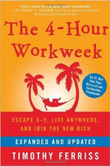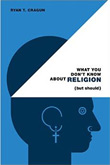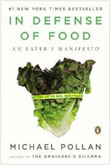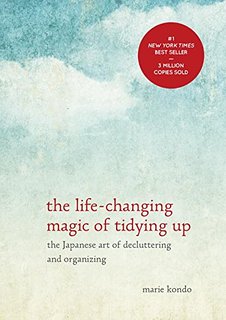A Year of Living Generously
Brandon Sun, January 2, 2011 - David McConkey
Well, how did 2010 work out for you? And what about that 2011?
A great way to reflect on what one year can be is the new book A
Year
Of Living Generously: Dispatches From the Front Lines of Philanthropy.
Author Lawrence Scanlan, from Kingston, Ontario, reports on his
volunteering for a different charity each month for one year.
He brings to his project 40 years of experience as a journalist: in
daily newspapers, magazines, books, and radio.
Scanlan picks volunteer opportunities that range from his home town of
Kingston to ones as far away as Central America and Africa.
He chooses some that build on his previous interests, like horse riding
(as a form of therapy this time). Others are very much outside his
comfort zone, like visiting inmates in a prison.
Sometimes, his volunteering employs skills he already has, like when he
teaches writing to aboriginal youth. Other times, he brings no
particular skills but chips in as part of the team, like when he helps
build homes with Habitat for Humanity.
Scanlan’s great writing floats the reader effortlessly alongside him as
he volunteers in places as varied as a soup kitchen a few blocks from
his house to a community radio station that gives a voice to women in
Senegal.
The reader also absorbs Scanlan’s emotions as he soaks up the
atmosphere. We experience the anger of the advocate for the homeless to
the gentle kindness of the hospice worker comforting the dying.
Some of his volunteer choices incorporate his family. His wife
accompanies him to Costa Rica and Senegal; his dog partners with him in
visiting a centre for people with developmental and intellectual
disabilities.
Some encounters tell more of an exotic story than expected. He
volunteers for Habitat for Humanity – not in his own city of Kingston,
but in hurricane-devastated New Orleans.
Scanlan shows the range of volunteer activities that are open to anyone
who might be interested. Half are close at hand in his own community:
there would be similar opportunities just about anywhere. Others
suggest embarking on more adventure and travel.
As he describes his volunteering, Scanlan also shares his thoughts
about philanthropy in general, including people he is interviewing and
books he is reading.
Philanthropy is important as poverty (both locally and far away),
environmental problems, diseases, and other concerns are ever present.
The need is there – to help with both financial and volunteer
contributions.
Philanthropy is also in the news as Bill and Melinda Gates with Warren
Buffett are establishing the biggest charitable effort the world has
ever seen.
Scanlan provides a historical backdrop to such fantastic giving by
relating how Andrew Carnegie and other “robber barons” donated vast
sums in the late 19th and early 20th centuries. (Several public
libraries in Manitoba got their start from Carnegie.)
Lest anyone think that their involvement is not needed in light of
these billions, Scanlan reminds us that the total value of volunteer
labour is still an even larger amount.
A central question weaving its way through the book is the extent to
which charitable works simply enable the status quo. In the short run,
for example, food banks do help the poor. But in the long run, do they
just perpetuate the wealth divide and let governments and others who
should do more off the hook?
Scanlan acknowledges the complexity of the issues and has no simple
solutions. Instead, he offers innovative ideas as food for thought,
suggestions of books to read, and reflections on ways to help.
He recommends contributing to a mix of charities that provide both
immediate assistance and long-term advocacy work.
“Show empathy as a volunteer, show passion as an activist,” Scanlan
counsels.
“Be less the avid consumer and more the engaged
citizen.”
Reflecting on his year of living generously, Scanlan reports that he
has a new sense of the world and his place in it.
“What I felt most powerfully was anger at the disparities that I
witnessed first-hand, gratitude for my own health and good fortune, and
a conviction that even a small act of kindness can profoundly affect
both giver and receiver.”
See also:
Charitable Donations: Top Ten Canadian Tax Tips
Tax Time Offers Folks a Chance to Reflect
Review of Giving: How Each of Us Can Change the World
Popular Right Now:
- 15 Tips for Healthy Eating
- Quality of Life, Well-Being Research Something We Can Feel Good About
- Diets Don't Work, So What Does?
- Political Contributions: Top Ten Canadian Tax Tips
- Nestle Fitness 14 Day Weight Loss Program; What is Wrong Here?
- Charitable Donations: Top Ten Canadian Tax Tips
Must Read Books:
The 4-Hour Workweek:
Escape 9-5, Live Anywhere, and Join the New Rich

What You Don't Know About Religion (But Should)

In Defense of Food:
An Eater's Manifesto

The Life-Changing Magic of Tidying Up:
The Japanese Art of Decluttering and Organizing

Don't
Even Think About It:
Why Our Brains are Wired to Ignore Climate Change

Like This? Share It!
Press Ctrl + D to Bookmark!

